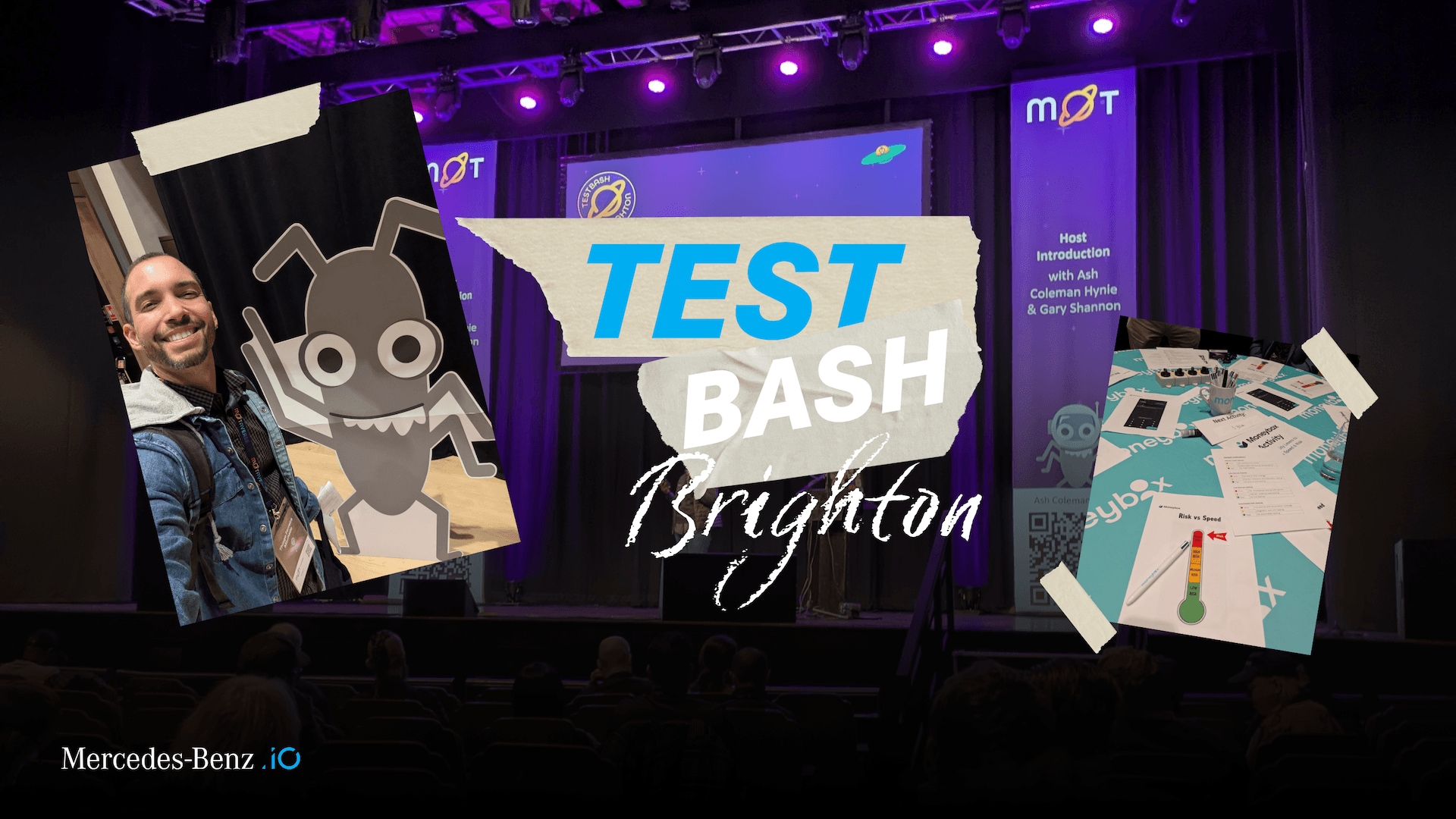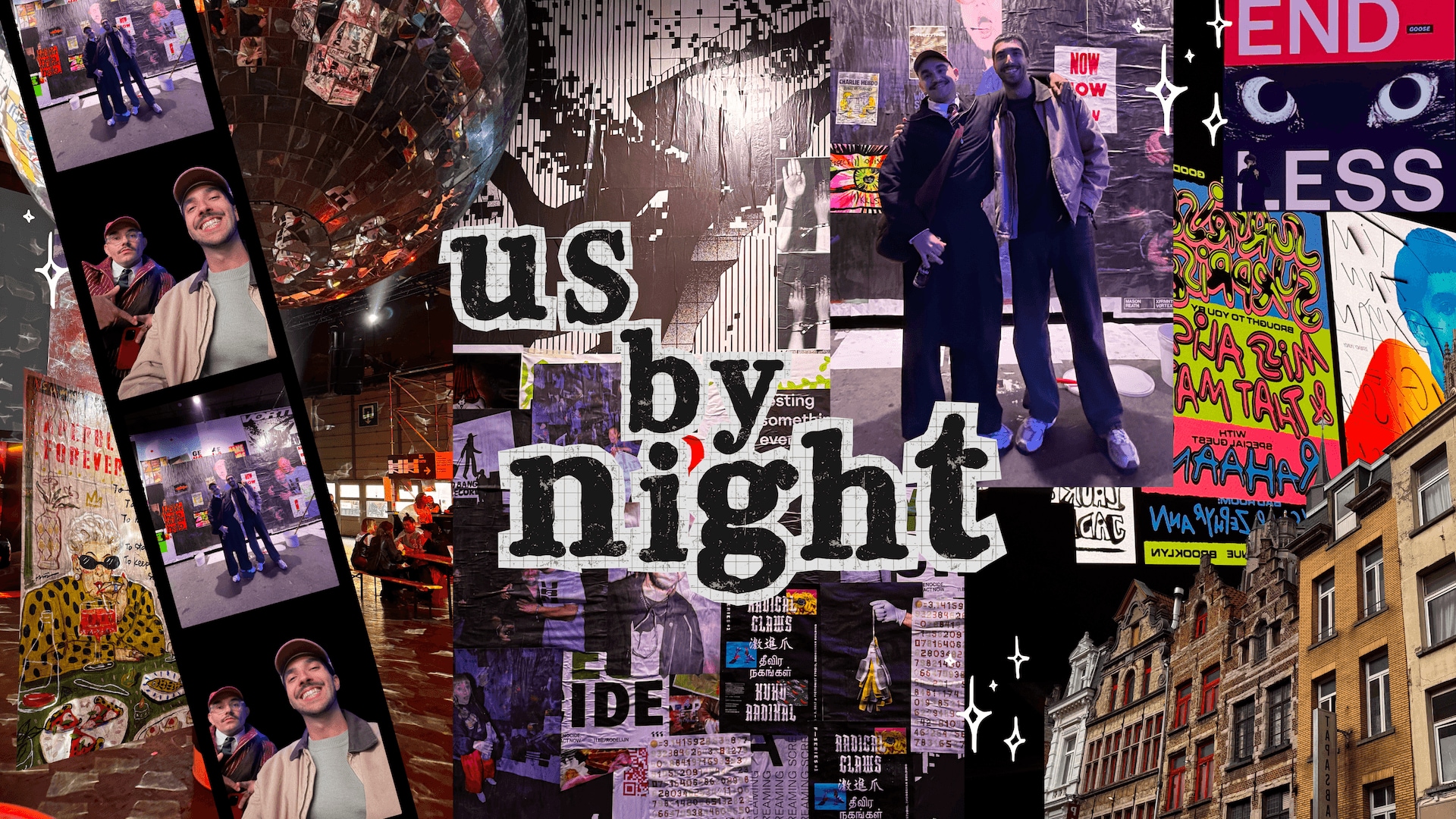
How TestBash Brighton 2025 Is Shaping the Future of QA
Artificial Intelligence (AI), observability, and mentoring took centre stage at this year’s conference TestBash Brighton. Quality Assurance specialists from around the world came together to explore what’s next for testing and what it means to lead quality in fast-moving, tech-driven environments.
For Thiago Ferreira, it was a space that sparked not just curiosity, but intention, the kind that challenges assumptions and leaves you wanting to do more than just observe.
Contents
AI Won’t Replace QAs … But It Will Transform the Role
AI was a dominant theme across multiple talks and what stood out was a grounded perspective: while it won’t replace thoughtful, context-aware QA work, it will drastically speed up how teams test, triage, and iterate.
“AI will not replace a good QA. But it will speed up our working process, and we should be ready for that.”
That shift, from resistance to readiness, is a key mindset that speakers reinforced throughout the conference. The potential is clear, but the challenge is knowing how to integrate Artificial Intelligence meaningfully, without losing the human lens that quality is highly demanded on.
From Reactive Testing to Proactive Quality
Another standout topic was observability, not just as a DevOps term, but as a Quality Assurance priority. With systems growing more complex, teams need visibility into every layer of the product lifecycle, especially when it comes to detecting and addressing errors before users do.
“We should have visibility and be aware of everything that happens in our products, especially the errors and have the right information to work on it.”
For QAs, this means building stronger partnerships with engineers, investing in monitoring tools, and driving a shift from reactive testing to proactive quality ownership.
Mentorship and the Human Side of Quality
Not all sessions focused on tools and frameworks, as some focused on the human layer of QA, like the powerful conversation around mentoring. One of the talks explored the skills and mindset needed to guide others in their QA journey, and why coaching plays such a key role in growing high-impact teams.
“Mentoring brings a sense of purpose and fulfilment.”
This focus on soft skills was a reminder that great QAs don’t just test code, they lead by example, build bridges, and create spaces for growth.
Final Takeaway: QAs Can Lead the Change
For Thiago, one of the most important takeaways from the event was that QAs have the power to drive changes inside teams and organisations: “Every small change can contribute to a job well done.”
From AI to observability, from automation to coaching, the future of QA isn’t about doing more of the same. It’s about evolving the role into one that’s more proactive, more visible, and more human.
Related articles

David Afonso, Pedro Vasconcelos Lopes
Inside Us By Night 2025: How our MB.ioneers Found New Creative Inspiration in Antwerp
Pedro Lopes and David Afonso, two MB.ioneers who recently attended Us By Night, a unique creative festival held in Antwerp from September 25th–27th, 2025.
Oct 22, 2025

Patrícia Fernandes
Scroll Smarter: Understanding AI’s Real Impact on Social Media
Oct 10, 2025

Vera Figueiredo
When Roles Shift: A Moment of Ownership and A Lesson in Leadership
What happens when you suddenly must step up and take the lead? When the roadmap is still fuzzy, decisions can’t wait, and everyone in the room is looking to you wondering what’s next?
Oct 7, 2025